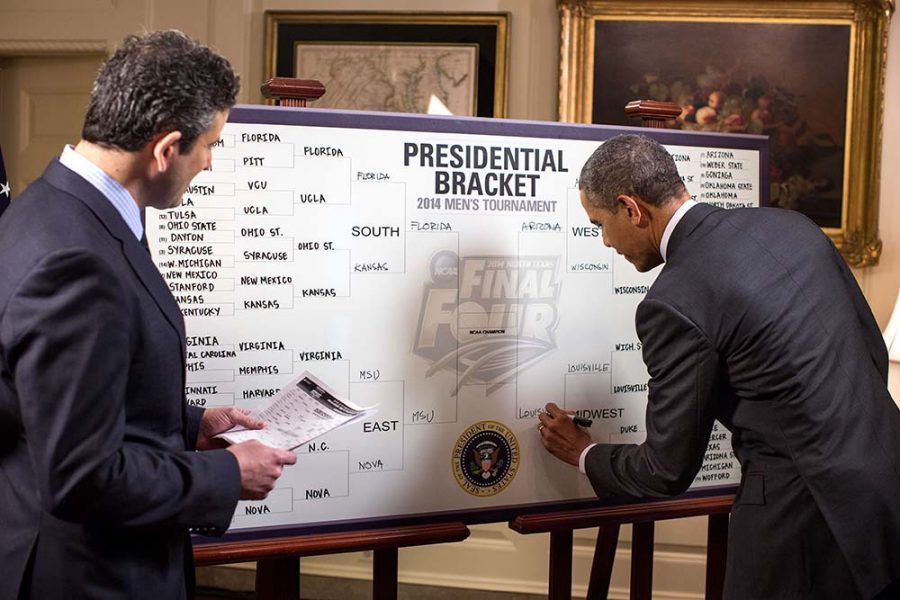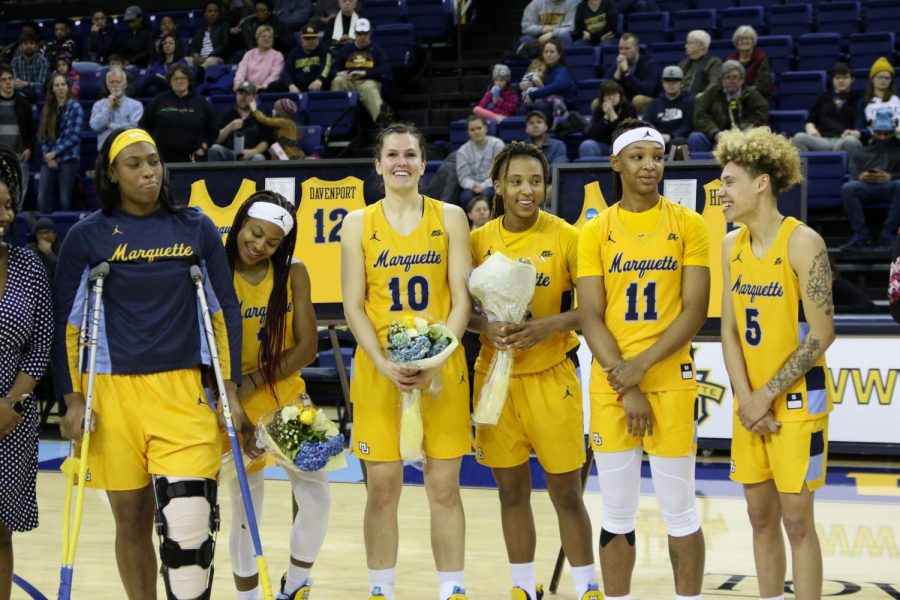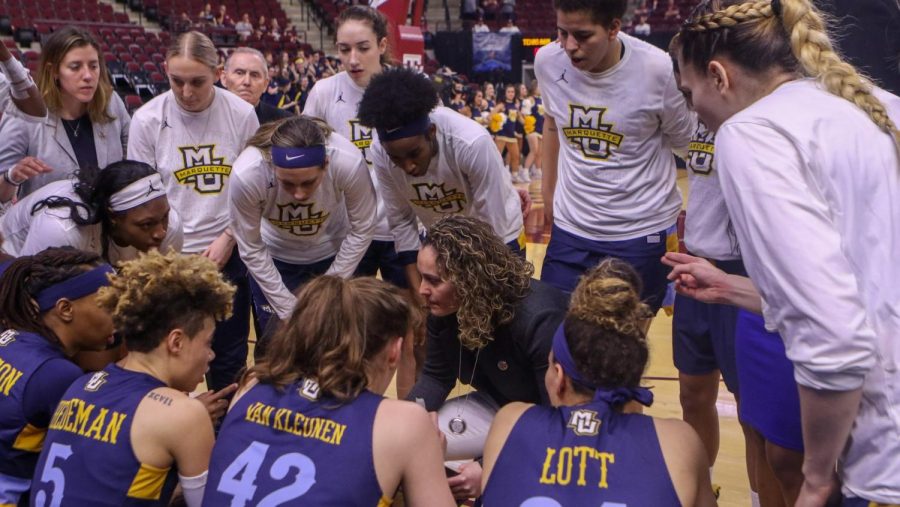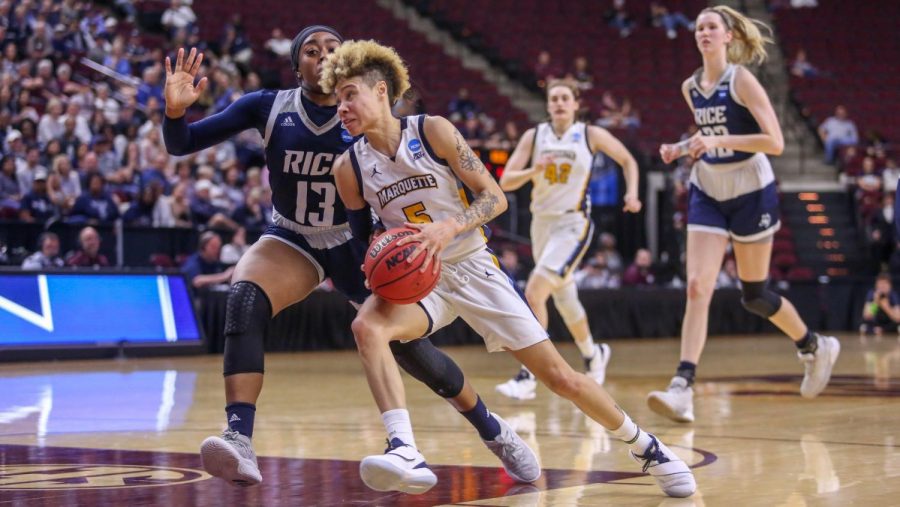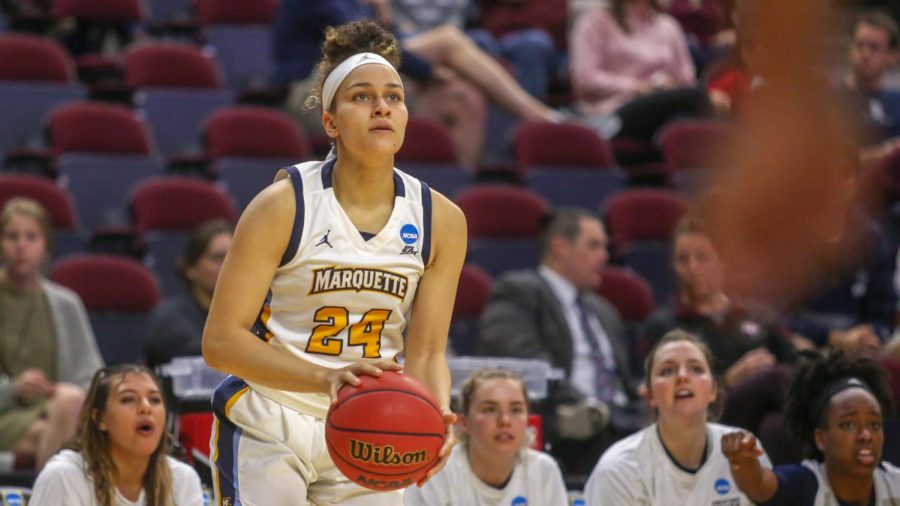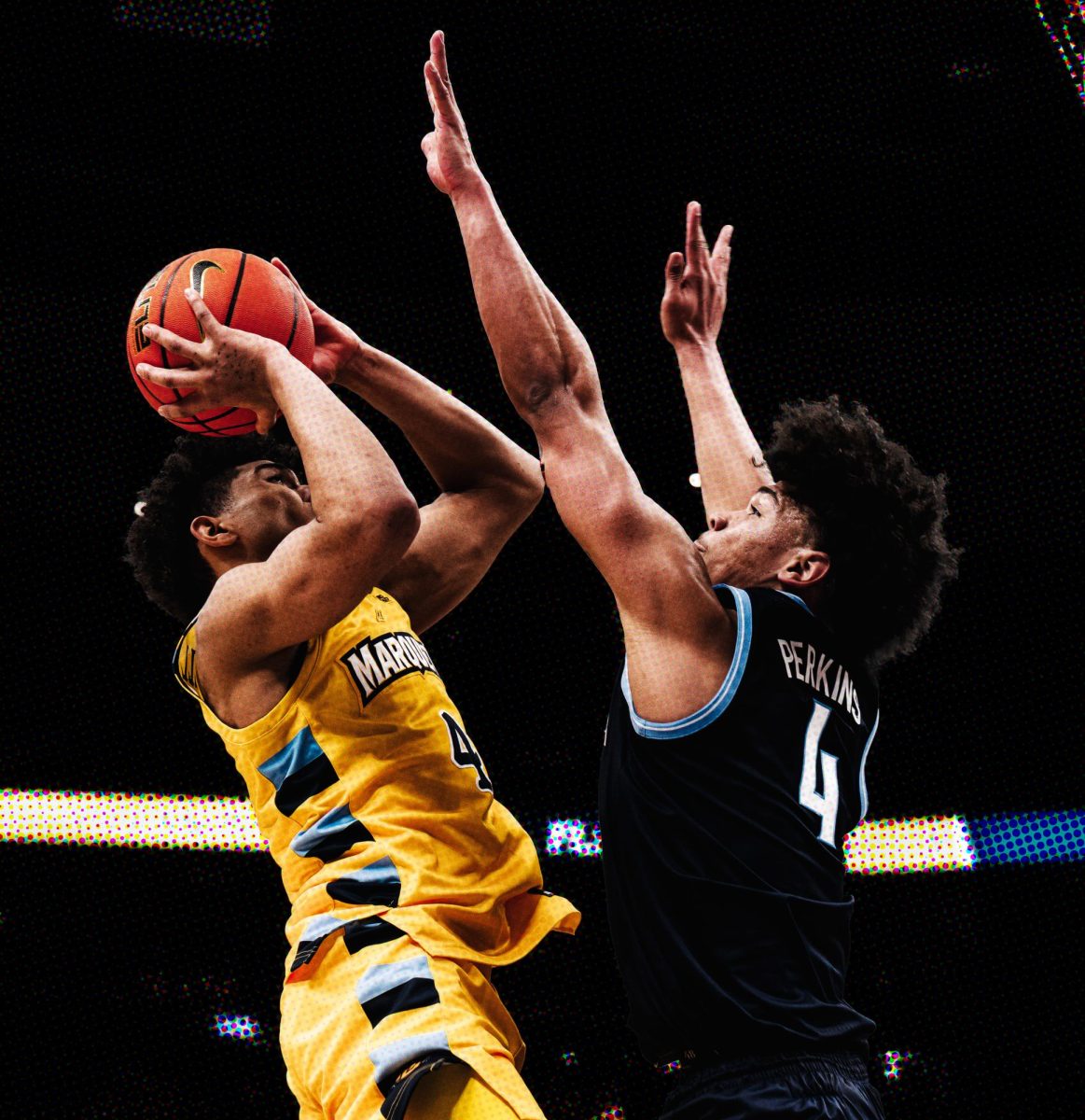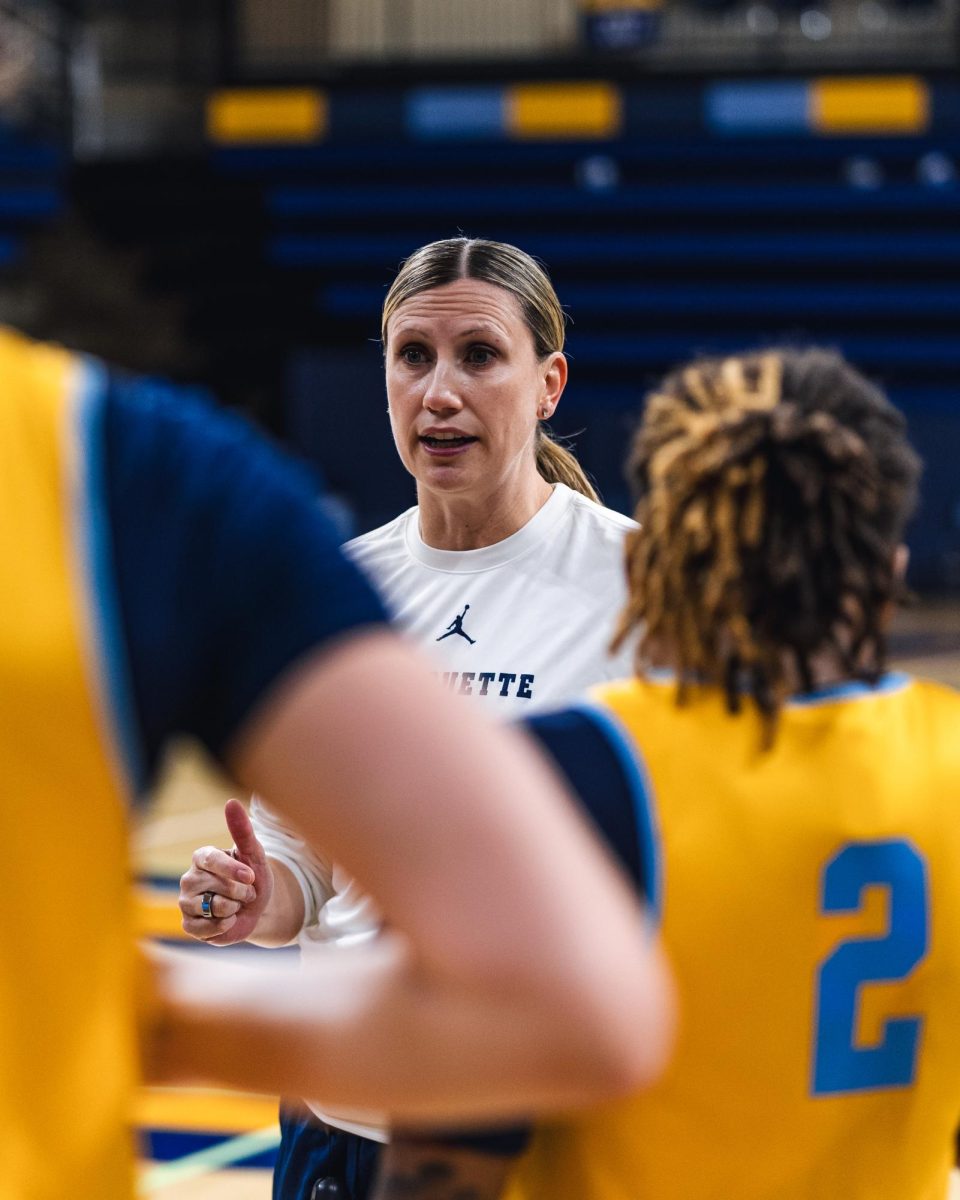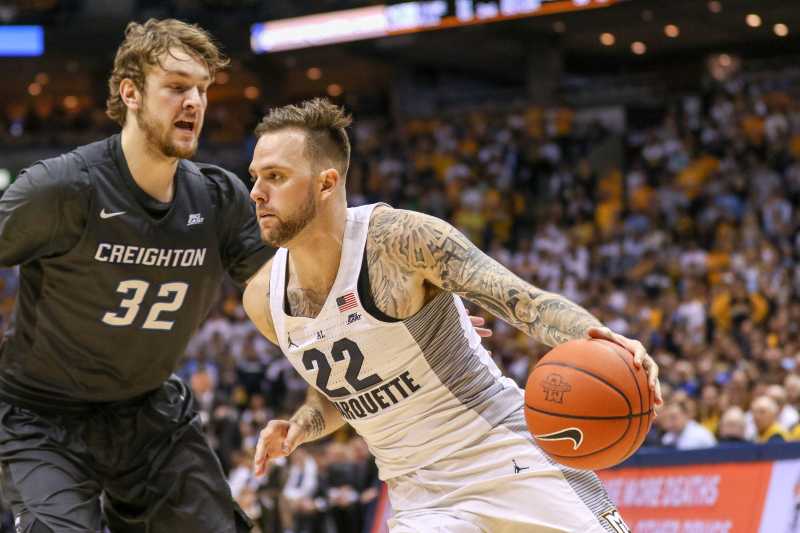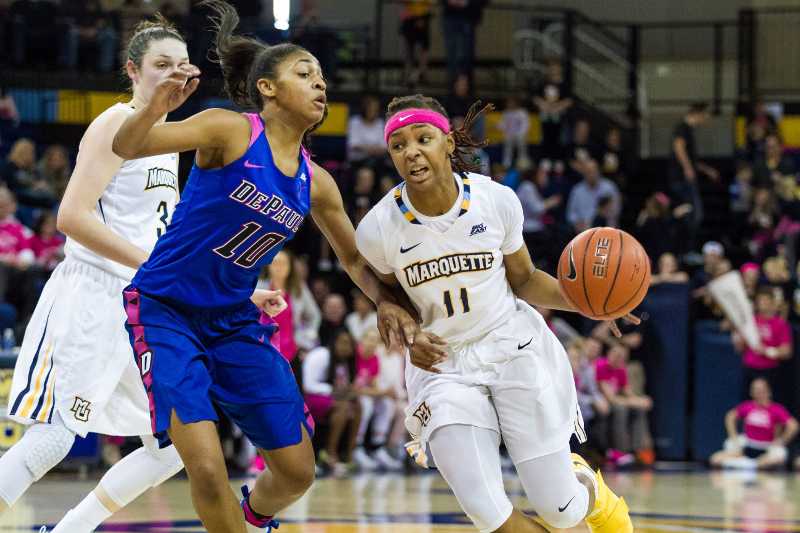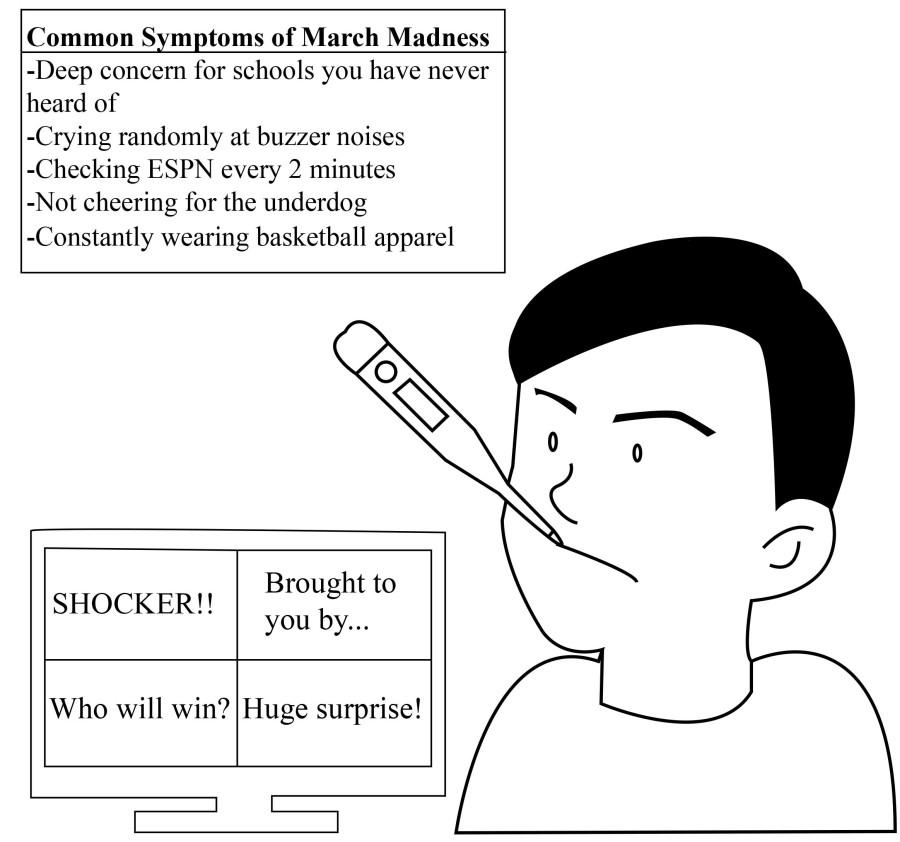March Madness has taken over the sports world, as the top 64 college basketball teams face off in a tournament to decide a national champion. Millions of people around the world have participated in filling out prediction brackets, with the hopes of finding the perfect one.
ESPN reports that over 70 million brackets will be filled out for this year’s tournament, but not all of them come from people who follow basketball and have informed opinions when it comes to picking teams.
March Madness brackets have become a cultural staple, where groups of friends, co-workers or families pool together for bragging rights or prizes for getting the most accurate bracket.
For Alek Metro-Roland, a freshman in the Diederich College of Communications, March Madness brackets are something he does with his family.
“(My family) will fill out a bracket, and they pull me into it as well,” Metro-Roland said. “We used to print them out and put them up, but the only time I’ll watch basketball is when I’m with (my parents).”
When it comes to choosing which teams will win, Metro-Roland said he usually goes by teams he has a connection to.
“I used to live in Indiana, so Indiana University is one I always pick to do well, and of course Marquette now,” Metro-Roland said.
Even for those who religiously watch college basketball, picking a perfect bracket is near impossible. The NCAA published a story in 2016 with Professor Jeffrey Bergen from DePaul University who estimates the chances of creating a perfect bracket is one in over nine quintillion. In 2014, billionaire Warren Buffett offered a prize of $1 million every year for the rest of the winner’s life for a perfect bracket.
Riley Donahue, a freshman in the College of Business Administration, said that for her, filling out brackets was a social thing, “My sorority group chat sent out the brackets and everyone was doing it so I thought it would be fun to do it too.”
“They told us there was a 0% chance of winning, so I knew I wasn’t really losing anything,” Donahue said.
To actually make the picks, Donahue said she went by what she saw
“I picked them by color because I liked the jerseys,” Donahue said.
When asked how her bracket was doing, Donahue responded “Terrible.”
Picking teams is the main point of the brackets, but when people don’t know the teams, they get creative in determining who will win. Many go by their gut feeling, but some also make up a non-basketball metric like mascots or the academic sides to determine who will win.
For Natalie Wideman, a freshman in the Opus College of Engineering, filling out the brackets was a familial experience.
“All my cousins were making brackets, so I decided to make one as well,” Wideman said. “I didn’t have a ton of time, so I just threw one together. I ended up picking the teams randomly.”
When asked about how her bracket was doing, Wideman responded, “Not great.”

